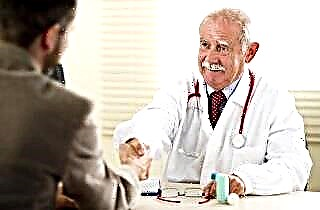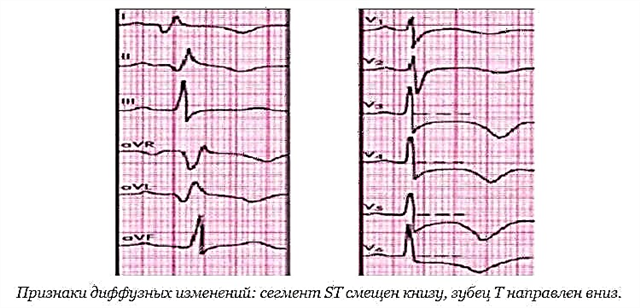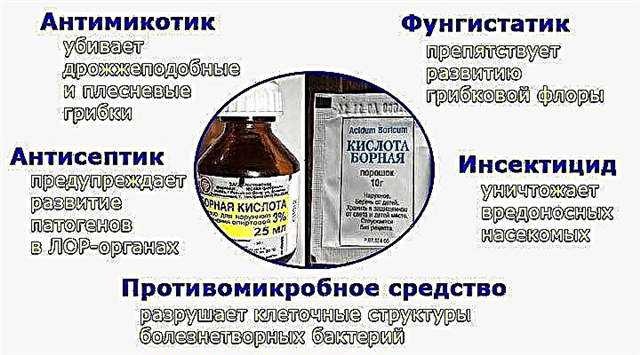The causes of the development of diseases leading to the appearance of a wheezing cough are recurrent respiratory infections, smoking and a polluted environment. The occurrence of bronchospasm signals an inflammatory process in the body, the onset of severe heart disease or the autoimmune system.
Etiology
 What diseases provoke a wheezing cough? Influenza, SARS, obstruction (blockage) of the bronchi are factors that contribute to the development of a symptom.
What diseases provoke a wheezing cough? Influenza, SARS, obstruction (blockage) of the bronchi are factors that contribute to the development of a symptom.
Other causes of bronchospasm:
- obstruction of the larynx and trachea;
- allergy;
- asthma;
- pulmonary edema;
- stenosis;
- lungs' cancer;
- false croup;
- whooping cough.
Signs
An allergic reaction (anaphylactic shock), which occurs when an allergen enters the body, contributes to the occurrence of edema of the larynx or pharynx, shortness of breath, increased secretion of the bronchial glands. Due to edema, the larynx narrows, it is difficult to inhale and exhale. A wheezing cough occurs, which gradually disappears as the allergy decreases.
A wheezing cough occurs when an excessive amount of mucus accumulates in the airway. A specific dry cough with a whistling sound develops with bronchial asthma, bronchial obstruction, stenosis of the larynx and trachea. Clinically, this is manifested by wheezing. Inhalation and exhalation are significantly difficult. A wheezing cough is often accompanied by small amounts of mucus and wheezing. If the larynx is affected, breathing problems are noted on exhalation.
Whistling attacks of bronchospasm last from 30 to 60 minutes. Lack of oxygen leads to the fact that the patient is very exhausted. There is dizziness, darkness in the eyes. Loss of consciousness sometimes occurs.
 A cough in bronchial asthma often appears at night. The attack lasts a long time. In some cases, a small amount of sputum is expelled. During a bronchial attack, a person makes whistling sounds and breathes convulsively. The painful condition is accompanied by a panicky feeling of suffocation.
A cough in bronchial asthma often appears at night. The attack lasts a long time. In some cases, a small amount of sputum is expelled. During a bronchial attack, a person makes whistling sounds and breathes convulsively. The painful condition is accompanied by a panicky feeling of suffocation.
A wheezing cough in adults often occurs during the recovery period from whooping cough. Wheezing appears at the end of an attack with shortness of breath after several violent coughing shocks. This condition is called a reprise, which is a specific symptom in comparative diagnostics.
A wheezing cough lasts for several months, which greatly disrupts the usual way of life. To reduce the debilitating paroxysmal cough, which intensifies at night, antitussives are used: "Sinekod", "Libeksin", "Codelak", "Rengalin" and others. Their use allows you to feel relief after just a few uses. This helps to gain adequate sleep and return to normal work and rest.
All of the above ailments are accompanied by a wheezing cough, but each of them is characterized by additional distinctive symptoms.
Therapy
A prerequisite for successful treatment is the establishment of an accurate diagnosis by the doctor and a detailed study of the disease. In this case, the form of its course, active state (period of exacerbation or remission) are taken into account. The correct approach for the treatment of bronchospasm is to eliminate the underlying disease, not the symptom.
The main directions of treatment:
 decrease in the progress of the disease;
decrease in the progress of the disease;- decrease in clinical manifestations;
- increased endurance during physical exertion;
- normalization of vital functions;
- prevention of the development of complications.
The main therapy involves the use of bronchodilators. They help dilate the bronchi and facilitate the passage of accumulated phlegm. It is preferable to use bronchodilators in the form of inhalation, this procedure allows you to deliver the drug directly to the area of the pathological process.
Effectively reduces paroxysmal cough using metered-dose inhalers containing the drugs "Theophylline", "Salmeterol", "Tiotropium bromide". It is recommended to practice oxygen therapy - oxygen enrichment of the patient.
It is worth using glucocorticoid drugs only in case of emergency, as prescribed by a doctor. The use of mucolytics for chronic obstruction is inappropriate. Only in some cases are they used as adjunctive therapy.
Antibacterial agents ("Azithromycin", "Clarithromycin" and cephalosporins of the II-III generation) are used when a wet cough appears with the release of purulent sputum.
 Some relief is brought by inhalation with a soda solution or based on decoctions of medicinal herbs. The duration of the procedure is 10-15 minutes, it must be repeated 2-3 times a day.
Some relief is brought by inhalation with a soda solution or based on decoctions of medicinal herbs. The duration of the procedure is 10-15 minutes, it must be repeated 2-3 times a day.
Important! The use of traditional medicine, as well as medications, must be agreed with the doctor.
Walking in the fresh air, a calm home atmosphere will help reduce the strength of a wheezing cough. Massage should be performed with caution in case of bronchospasm. You can not use aromatic oils for allergies and bronchial asthma in order to avoid deterioration of the patient's condition.
Prophylaxis
Following simple rules will help avoid coughing. Necessary:
- Wash hands frequently with soap and water to prevent SARS and influenza infection.
- If possible, reduce communication with the sick during epidemics.
- Get rid of bad habits, be afraid of secondhand smoke.
For any cough, increase the amount of fluid you drink.

 decrease in the progress of the disease;
decrease in the progress of the disease;

